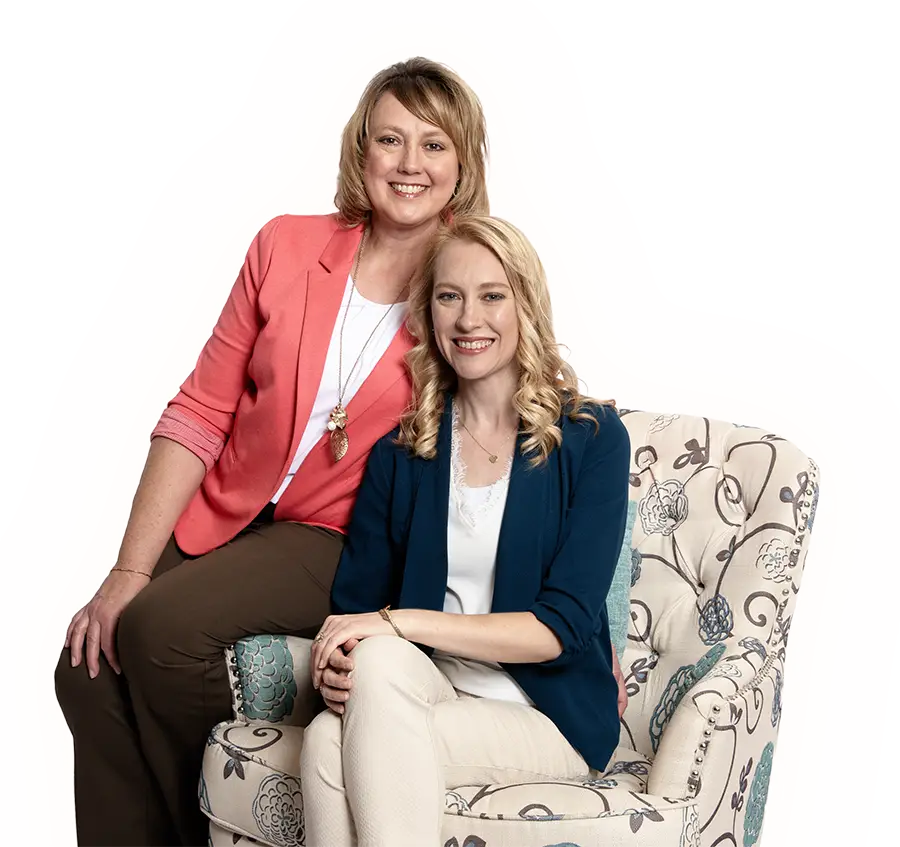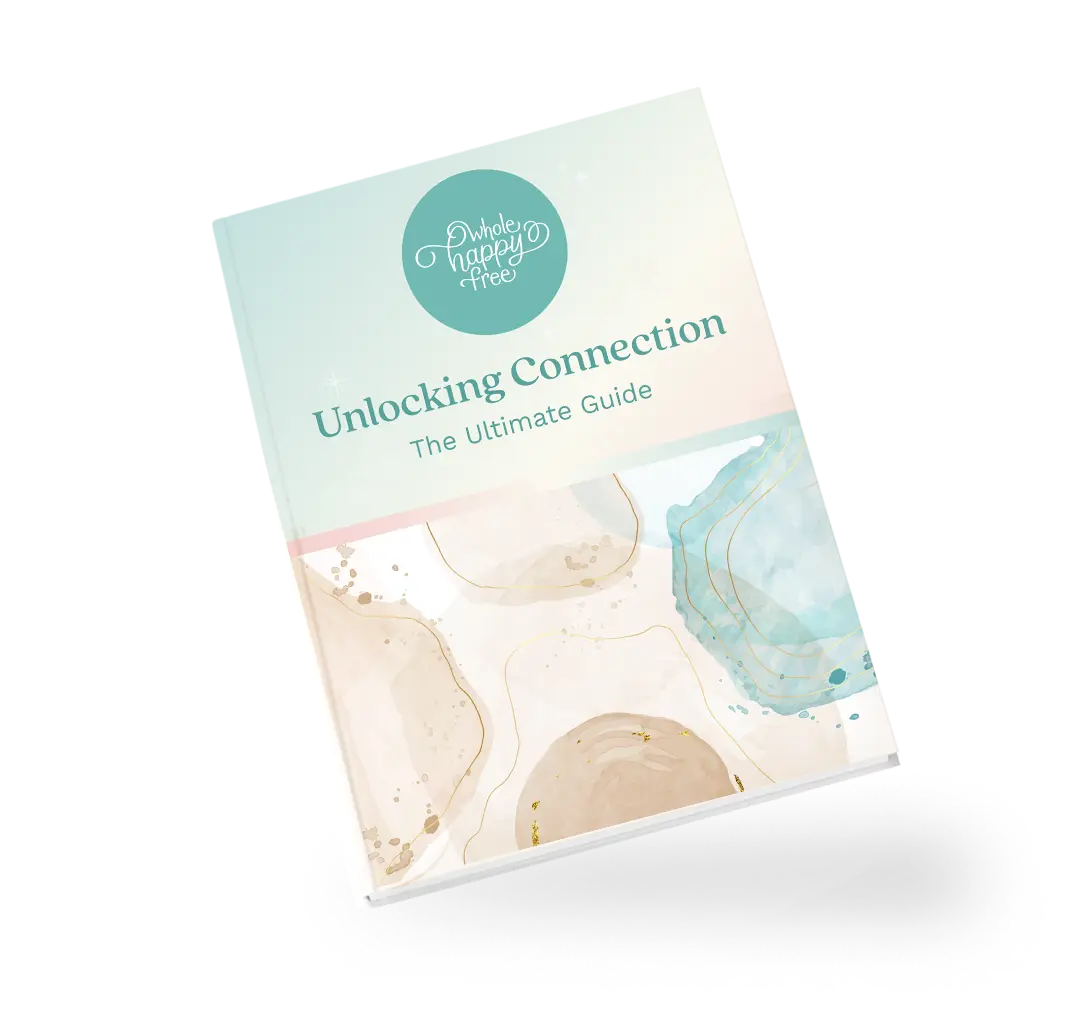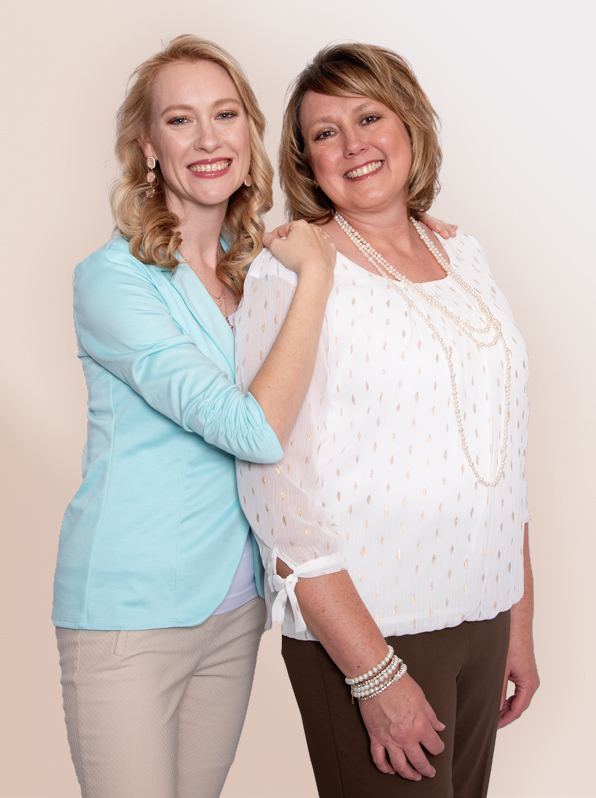Join Our New Membership Program! – Click Here to sign up now
🎙️ Love Your Life Podcast: Get Inspiration & Insights Listen Now!
Join Our New Membership Program! – Click Here to sign up now
🎙️ Love Your Life Podcast: Get Inspiration & Insights Listen Now!
Empower yourself with tools, education, and support tailored for your journey. Experience Christ-centered healing, embrace mental, physical, and emotional harmony, and turn pain into purpose. Begin your path to clarity, worth, and renewed spirit with us.

Empower yourself with tools, education, and support tailored for your journey. Experience Christ-centered healing, embrace mental, physical, and emotional harmony, and turn pain into purpose. Begin your path to clarity, worth, and renewed spirit with us.
Unlock deeper connections and transform your relationships with key insights and strategies. Empower your communication, foster empathy, and build stronger bonds for a healthier, happier life.

Tools and resources to help you gain clarity, awareness, feel better, and move towards your goals.





Whole, Happy, Free, is a convergence of two paths of experience, passion, and shared values, into one harmonious journey.
Tonya brings a wealth of experience spanning two decades as a licensed Rapid Eye Technician and Life Skills Coach. Leveraging her expertise in Rapid Eye Technology and her commitment to sound principles, she specializes in fostering emotional healing, and contributing to the positive evolution of those she serves.
Natasha, a seasoned Marriage and Family Therapist, leverages her profound understanding of Emotionally Focused Therapy to transform lives. Her approach, rooted in social science research and fortified by principles of truth and healing, seamlessly bridges traditional therapy with innovative techniques.
Whole, Happy, Free, led by a mother daughter duo, provides a journey to completeness anchored in faith and the pursuit of living wholeheartedly.

I was impressed by several of my friends’ endorsements. So I gave Tonya’s phone sessions a try. Astonishingly, she pinpointed and helped me dissolve my emotional and spiritual blockages, enhancing my daily life. Her skills are truly transformative.

After 26 years and challenging times, Joe and I found unity through couple’s therapy. Our communication has improved, strengthening our bond and growth. We still use the tools we learned from Natasha, maintaining a loving and supportive marriage.

Tonya’s guidance was transformative. She helped me heal from trauma, interact calmly with others, overcome limiting beliefs, and progress beyond my past. Her impact on my life is immeasurable. Eternally thankful, I highly recommend her.

Natasha’s approach as a couples therapist was transformative. She created a safe space, guiding us to understand and navigate our conflicts effectively. Her skill in making both partners feel heard and fostering mutual empathy profoundly improved our relationship.

Working with Tonya has been pivotal. Her skill in unlocking my deepest self and enhancing my relationships is incredible. For anyone seeking spiritual and physical healing, she is unparalleled. Her insightful guidance has profoundly impacted my life.
Get exclusive access to upcoming sales, events, retreats, workshops, podcasts, and special announcements from Tonya & Natasha.
The Whole Happy Free Membership is a live, faith-centered community that combines Rapid Eye Technology (RET), coaching, and practical tools to help you strengthen your relationship with God, yourself, and others—all in one place.
2 live group RET sessions/month
2 live group coaching calls/month
Access to all replays
Tools + resource library
Member-only course discounts
Spotlight opportunities during sessions
Supportive, gospel-centered community
Both. You can join for your own personal growth or as a couple. Your spouse joins free—no additional cost.
It’s not therapy—it’s transformational group work. WHF uses RET, coaching, and faith-based tools to help you heal and grow without reliving trauma. It’s more affordable and community-based, helping you grow through shared learning and support.
Yes. Each week includes either a group RET or coaching session. Sometimes you’ll be in focus, other times you’ll learn by observing others—both experiences are powerful and healing.
Every session is recorded and uploaded to your private member portal so you can watch anytime.
Yes. You can cancel anytime—no questions asked. Your access continues through your current billing cycle.
Not at all. Come as you are—whether thriving or struggling. You’ll be guided through everything and supported with compassion, tools, and truth.
Each Elevate session spans six weeks. Each week, two group coaching calls will be held on Tuesdays and Thursdays from 1:00 pm to 2:30 pm MT. For those who cannot attend, the meetings will be recorded and sent. Prior to the program, participants will have an initial 30 minute individual session with either Natasha or Tonya. Upon acceptance into the program and completion of the intake questionnaire, participants will receive an email containing a link with your coaches availability to schedule this meeting.
Your experience during your first Rapid Eye Technology (RET) session may vary depending on your specific needs. However, here are some common elements and expectations for your first RET session:
Before meeting: You will be asked to fill out and submit a client release form. This form allows you to share basic information and consent to participate in Rapid Eye Technology.
Intake and Assessment: During this first session You will get to share your history, the current issues you are dealing with, and your treatment goals.
General Overview: We will then discuss the RET process: how it works, the guided eye movements and how these movements are designed to facilitate emotional processing and release. You will also be encouraged to ask any questions you have.
Rapid Eye Process: As time permits we will begin the rapid eye process and experience.
Treatment Plan: We will end with a discuss a treatment plan for moving forward together and schedule future appointments.
Rapid Eye Technology (RET) and Eye Movement Desensitization and Reprocessing (EMDR) are both therapeutic approaches that involve eye movement, but they differ in their methodologies and applications.
One of the key differences is that EMDR is designed specifically for trauma-related conditions while RET focuses on promoting general emotional well-being and addressing various levels of emotional distress including trauma-related conditions.
EMDR uses a methodology of bilateral stimulation, including eye movements, to help individuals process distressing memories by incorporating guided sets of eye movements in 5 different pattern modalities. Its application is primarily used for the treatment of post-traumatic stress disorder (PTSD) and other trauma-related conditions. It aims to alleviate the emotional distress associated with traumatic memories. It must be done in the office of a trained mental health professional because re-traumatization can be a side effect of this work.
RET uses a methodology of bilateral stimulation, including eye movements, to help individuals process distressing memories by incorporating guided sets of eye movements in 30 different pattern modalities. The rhythmic eye movements stimulate the body’s energy flow, promoting emotional and physical well-being. RET is done in a guided session that also includes visualization and breath work. The added pattern modalities increase the comfort of the client as they process stress and trauma and leave them in a more comfortable and completed state at the end of a session.
Professionals need specific training in each approach to use it effectively.
Consider Couples Therapy for:
Relationship Issues:
If you find yourselves wading through the challenges of high conflict, communication breakdowns, trust issues, or intimacy struggles, couples therapy becomes a comforting harbor to navigate these waters together.
Shared Goals:
Picture this as a collaborative journey. If you and your partner have relationship goals, but you’re seeking the support of a third party to help you map out and achieve them, couples therapy unfolds as a powerful catalyst.
Relationship Stress:
When most of life’s worries and stresses seem to converge around your interactions with your partner, couples therapy becomes a haven equipped with tools and guidance to transform challenges into opportunities for growth.
Resolving Conflicts:
If you find yourselves caught in a loop of repeating conflicts, unable to untangle the knots on your own, a couples therapist becomes your guide, helping you discover and implement healthier ways to navigate through disagreements.
Remember, couples therapy isn’t just about addressing problems; it’s about nurturing the strengths of your relationship and fostering a deeper connection. It’s a shared journey towards a more harmonious and fulfilling partnership.
Consider Individual Therapy for:
Personal Challenges:
If you’re grappling with personal hurdles like feeling down, and anxious, coping with past trauma, dealing with addiction, or struggling with self-esteem, individual therapy can be a guiding light, whether you’re navigating a relationship or not.
Self-Discovery:
Even if you’re in a relationship, if the path of self-discovery beckons, and you’re eager to become a better, stronger version of yourself and learn effective life-coping strategies, individual therapy is a wonderful choice.
Partner Not Interested:
If your partner isn’t on board with couples therapy but relationship issues are weighing on you, individual therapy becomes a sanctuary where you can focus on your personal journey.
Past Trauma:
When echoes from your past cast shadows on your mental health and current relationships, individual therapy offers a safe haven to address and process those experiences.
Seeking Clarity:
Uncertain about your feelings, your relationship, or the direction of your life? Therapy serves as a supportive compass, helping you unravel complexities and discover answers.
It’s worth noting that individual therapy can seamlessly complement couples therapy. Sometimes, working on personal challenges can weave a tapestry that strengthens the fabric of your relationship.
Ultimately, whether you opt for couples therapy or individual therapy hinges on your unique needs and life circumstances. A mental health professional can serve as your guide, helping you discern what’s best for you and suggesting ways to integrate both forms of therapy if it proves beneficial.
Embarking on Your Healing Journey:
Choosing to dive into therapy and begin your healing journey is an incredibly courageous step! The anticipation leading up to that first appointment can stir up a whirlwind of emotions. Let’s demystify the initial session together, easing any anxieties you may have.
Paperwork and Administrative Tasks:
Before our first meeting, you’ll be invited to complete some paperwork, including consent forms and confidentiality details. At the start of our session, we’ll go over this together, ensuring everything is crystal clear and understood.
Introductions and Sharing:
I’ll take a moment to share a bit about my background and experience, and this is the perfect time for any questions you might have. Then, it’s your turn! I’d love to hear about you and what brings you to our first session.
Assessment and Goals:
As we delve into the heart of the matter, I’ll ask questions to better understand the journey you’ve been on — the highs, the lows, the strengths, and the struggles. Together, we’ll clarify expectations and set goals for our time together.
Plan for Future Sessions:
Looking ahead, I’ll map out recommendations for our future sessions. We’ll discuss what our collaborative work will involve, potential homework assignments, the frequency of our meetings, and the anticipated duration of our journey together.
Creating a Safe Space:
Remember, this space is yours. It’s confidential and designed for you to explore your thoughts and feelings openly. The first session is as much about you getting to know me as it is about me getting to know you. Take your time, ask questions, and share any concerns or preferences you have about our therapeutic journey.
It’s not just therapy; it’s a partnership in your well-being. I’m here to support you every step of the way.
If your partner isn’t on board with couples therapy but relationship issues are weighing on you, individual therapy becomes a sanctuary where you can focus on your personal journey. As you gain greater tools and understanding of yourself, it changes your interactions. The ripple effect of your individual work can bring you more clarity, understanding, compassion, and better boundaries to support you in creating the relationships you desire.
The answer here is simple: as much of a role as you wish it to play! We are both women of faith and see the value of utilizing your spiritual strengths. Additionally, we recognize that your relationship with God/Deity is often reflective of your internal world. We find that the more harmony and truth that is brought into this relationship, the more healing occurs. However, we will always meet you where you are in regards to your beliefs and values around spirituality, and the role spirituality plays in your life. While we may teach and invite, we will never impose our beliefs or intentionally cross your boundaries around what you feel is helpful.
We have worked with Bishops, Stake Presidents, and Mission presidents on many occasions. We are happy to collaborate and work with religious leadership as long as we have a signed release from the client. (link to release)
Choosing a therapeutic approach is a personal decision, and what works for one individual may not work for another. When considering Rapid Eye Technology (RET) after trying traditional approaches, here are some potential reasons why it might be worth exploring:
Holistic Approach: RET often takes a holistic approach to emotional healing, addressing not only cognitive aspects but also incorporating physical and energetic components. If you feel that a holistic perspective might be beneficial for your unique situation, RET could offer a different dimension.
Body-Mind Connection: RET acknowledges the interconnectedness of the body and mind. The bilateral stimulation used in RET aims to engage both hemispheres of the brain, facilitating the processing of emotions stored in the body. If you believe in the importance of addressing both physical and emotional aspects, RET aligns with this philosophy.
Individualized Experience: RET sessions are guided by a trained professional, allowing for a more personalized and guided experience. The practitioner can tailor the sessions to your specific needs and concerns, providing a more individualized approach compared to some traditional therapies.
Alternative Techniques: If you are open to exploring alternative therapeutic techniques and technologies, RET introduces different methods that work with the body’s natural processes through guided eye movements. This variety might offer a fresh perspective and new tools for emotional healing.
There is no better time than the present to invest in yourself and begin your personal healing journey by exploring this innovative and revolutionary technology today!
Conducting a session over Zoom or the phone shares common elements with traditional in-person sessions. While there are some key differences there are also some advantages. Some of those advantages include meeting from the convenience of your own home and the ease of accessibility to the counselor or technician you wish to work with no matter where you live, creating a continuity of care. Other advantages include safety and protection of illness if there are any health concerns especially during heightened seasons of illness.
Both Zoom and phone sessions offer scheduling flexibility, making it easier for clients to find a time that works for them. It’s important to note that the effectiveness of either format depends on the client’s comfort level, preferences, and the therapeutic goals of the session. Therapists or technicians often discuss these options with clients to determine the most suitable format for their needs.
WIth Zoom there is video interaction and communication of non-verbal cues.Clients and therapists participate from their respective environments, providing a glimpse into the client’s personal space. Both parties need a stable internet connection and a device with a camera. Technical issues like poor internet connectivity or video quality may occasionally impact the session.
Over the phone there is only audio interaction and communication. The emphasis becomes verbal communication, including tone of voice and choice of words. There is a little more privacy as neither the physical environment or the face of the client is revealed. Phone sessions may be more flexible as internet access is not needed.
With a session over zoom or the phone the therapeutic process remains consistent, focusing on active listening, empathy, and collaboration between the therapist and the client. Confidentiality is ensured by the therapist or technician regardless of the format.
Each Elevate session spans six weeks. Each week, two group coaching calls will be held on Tuesdays and Thursdays from 1:00 pm to 2:30 pm MT. For those who cannot attend, the meetings will be recorded and sent. Prior to the program, participants will have an initial 30 minute individual session with either Natasha or Tonya. Upon acceptance into the program and completion of the intake questionnaire, participants will receive an email containing a link with your coaches availability to schedule this meeting.

Select your guide: Tonya, an expert in emotional healing, or Natasha, a specialist in relationships. Begin your journey to a more fulfilling life.




Sign up below to receive the full guide on helping increase partner connection.

Sign up below to receive the full guide to daily transformation.
Enter your email to get It Before It’s Gone: As a special bonus, you’ll also receive an exclusive gift just for you!